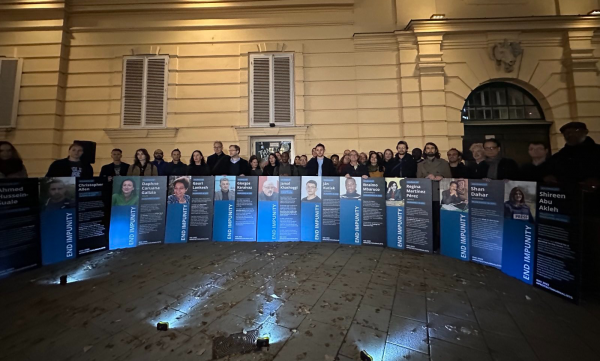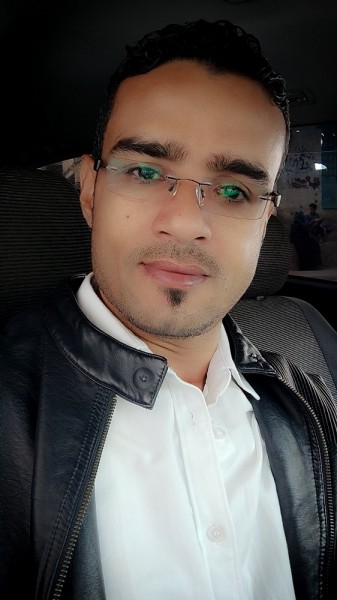Several journalists were wounded and one was detained after military forces loyal to President Ali Abdullah Saleh attacked Yemeni private satellite broadcaster Suhail TV on 25 May, according to news reports.
Cameramen Mohammad al-Mekhlafi and Ahamd Firas both received injuries; Al-Mekhlafi is currently in stable condition in a Sanaa hospital, while Firas did not need hospitalization, the Committee to Protect Journalists (CPJ) reported. General security officials reportedly arrested the TV station’s director of photography. A similar incident took place at the state news agency Saba a day earlier.
In the capital Sanaa, a journalist for the news agency was wounded during a gun battle between government loyalist troops and members of the Hashid tribal federation on Monday 23 May, news outlets reported.
Farooq al-Kamali was shot in the leg during the clashes, which took place as the Hashid tribesmen took control of the Yemen ministry of industry and trade and the headquarters of the official Saba News Agency, reports said. Hashid supporters have been in control of the Saba building since Monday, Thuraya Dammaj of the Yemeni Journalists Syndicate (YJS) told IPI by phone on Wednesday. Al-Kamali is now recovering from his injuries, Dammaj said.
The violent stand-off came one day after President Ali Abdullah Saleh refused to sign a deal brokered by the six-member Gulf Cooperation Council (GCC), which would have seen the president step down in exchange for temporary immunity. This is the third time that President Saleh has refused to sign an agreement.
The GCC has now removed the deal from the table citing “unsuitable conditions,” following an incident on Sunday in which loyalists trapped negotiators from the GCC, the United States and various European countries for several hours at the United Arab Emirates embassy in Sanaa.
Among the rising violence, which some opposition members have said could be a bid to inflate the stand-off between protestors and the government into a civil war, journalists continue to be targeted for their work and efforts to censor the media continue.
Saturday editions of three different newspapers were prevented from being distributed, YJS told IPI in an email. Copies of Al-Oula, Raai and Akhbar Alyyoum newspapers were confiscated.
On 23 May, armed men in civilian clothing raided the offices of independent daily Al-Oula in Sanaa, in an effort to find Editor-in-chief Mohamed Ayash, according to a statement from the Committee to Protect Journalists. In the process, trainee editor Hasaan Saeed Hasaan, who refused the men access to Ayash’s office, was stabbed ten times and was only saved when military police heard his cries for help, CPJ reported. On 19 May, 12,000 copies of Al-Oula newspaper were confiscated at a military checkpoint and burned, CPJ quoted the Yemen Journalists Syndicate as saying.
On 13 May, journalist Abdel Rahman Bajunaid was found stabbed to death in his home in the southern city of Aden, according to an online report from his employer, Radio Netherlands Worldwide. According to the YJS, it is believed that he was killed because of his support for the “youth revolution.”
Also on that day, journalist Ibraheem Al-Ba’adani was attacked in the city of Ibb by members of the opposition party Islah, who accused the newspaper reporter of working for the pro-government news agency, news reports and the YJS said. Al-Ba’adani told reporters that his camera and phone were taken.


